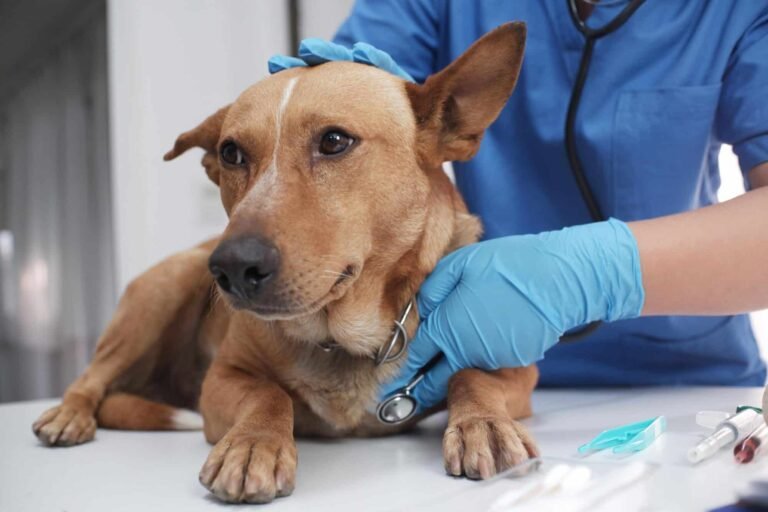A general veterinarian in Newark, DE plays a key role in keeping your pet healthy. Preventive care is not just a routine. It is the best way to ensure your pet stays strong and happy. Routine exams catch health issues early. Vaccinations protect against diseases. Dental cleanings prevent painful infections. Your veterinarian checks your pet’s weight and diet. They offer guidance on exercise and nutrition. This care helps prevent obesity and other health problems. Parasite prevention, including flea and tick control, keeps your pet safe. Discussing any changes in behavior or habits with your vet can uncover issues before they become serious. You care deeply for your pet. Preventive care honors that bond by helping your pet live a long life. Your veterinarian provides expert advice and support, guiding you in safeguarding your pet’s health. This approach saves you future worry and costs by addressing issues before they start.
Routine Exams: The First Step in Prevention
Regular check-ups are the foundation of preventive care. During these visits, your veterinarian evaluates your pet’s overall health. They look for signs of disease and ensure vaccinations are current. Exams help detect problems like heart disease or diabetes early, which can improve outcomes.
Vaccinations: Shielding Your Pet from Disease
Vaccinations are crucial for protecting your pet from dangerous diseases. Rabies, distemper, and parvovirus are serious illnesses that vaccines help prevent. Your veterinarian sets a schedule tailored to your pet’s needs. This schedule may vary based on age, lifestyle, and risk factors. Staying current with vaccinations protects not only your pet but also other animals and people.
Dental Care: More Than Just a Clean Smile
Good dental health is essential for your pet’s overall well-being. Bad breath can indicate more serious problems like gum disease or infections. Regular cleanings prevent plaque buildup and keep teeth healthy. Your vet will show you how to maintain your pet’s teeth at home. This might include brushing or special dental treats.
Weight Management: Keeping Your Pet Fit
Obesity is a common issue that can lead to serious health problems. Heart disease, joint issues, and diabetes are more likely in overweight pets. During routine visits, your vet checks your pet’s weight and offers guidance on nutrition and exercise. They help create a balanced diet plan that ensures your pet gets the right nutrients without excess calories.
Parasite Prevention: Shielding from Tiny Threats
Parasites like fleas and ticks can cause discomfort and spread diseases. Regular prevention treatments are essential for keeping your pet parasite-free. Your veterinarian helps select the best products for your pet’s specific needs. This may include topical treatments or oral medications. These measures protect your pet and prevent infestations in your home.
Behavioral Changes: Addressing Concerns Early
Changes in behavior can signal health problems. Increased thirst, decreased appetite, or unusual aggression might indicate underlying issues. Discuss these changes with your vet during check-ups. Early action prevents minor issues from becoming serious. Your veterinarian offers advice or suggests treatments to address these concerns.
Preventive Care Saves Money
Preventive care might seem costly, but it saves money in the long run. Catching health issues early often means less expensive treatments. For example, it is cheaper to prevent dental disease than to treat it. Routine care avoids emergencies, which are often more costly and stressful for you and your pet.
The Importance of a Partnership with Your Veterinarian
Your vet is your partner in maintaining your pet’s health. Regular communication ensures you stay informed about the best practices in preventive care. Trust their expertise and ask questions. A collaborative relationship with your vet supports your pet’s well-being.
Common Vaccinations and Their Schedules
| Vaccine | Initial Dose | Booster Frequency |
| Rabies | 3-4 months | Every 1-3 years |
| Distemper | 6-8 weeks | Every 1-3 years |
| Parvovirus | 6-8 weeks | Every 1-3 years |
In conclusion, preventive care is a team effort between you and your veterinarian. It ensures your pet enjoys a healthy and happy life. Regular exams, vaccinations, dental care, weight management, parasite prevention, and attention to behavioral changes all contribute to a comprehensive preventive care plan.
